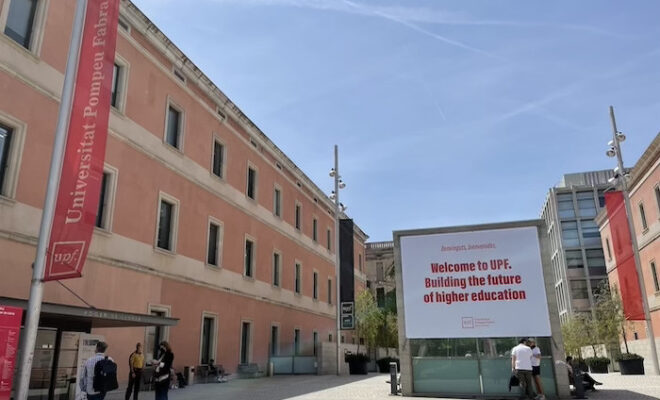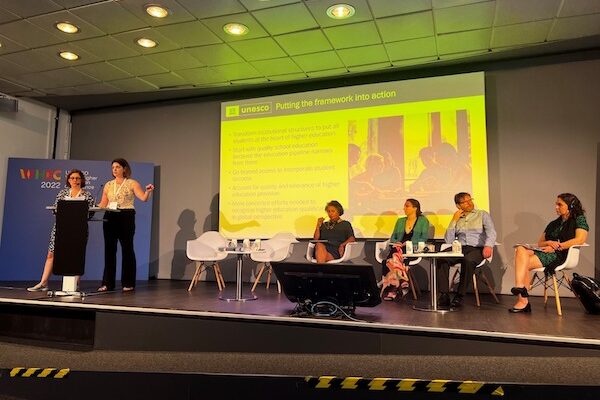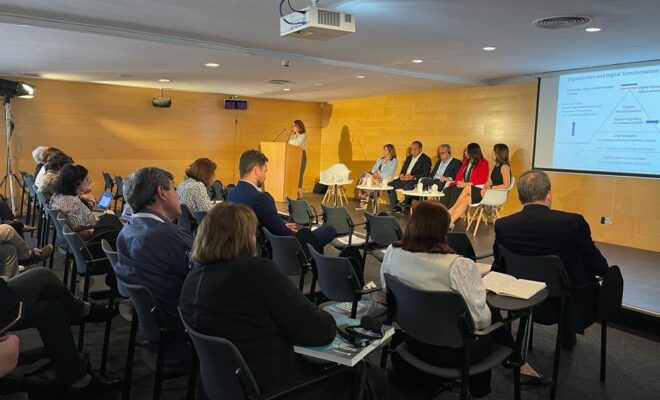The futures of higher education were discussed in Lima
The Universidad en Internet (UNIR) held last May, in Lima, the Congress “The Futures of Higher Education”, with the participation of 40 universities and institutions, including UNESCO IESALC represented by its director, Francesc Pedró.
The event served to reflect on the great challenges facing higher education, as a result of digitization and changes arising from the pandemic.
It was attended by the mayor of Lima, Miguel Romero; the president of UNIR, Rafael Puyol; the rector of UNIR, José María Vázquez; the Spanish ambassador to Peru, Alejandro Enrique Alvargonzález; the secretary general of the OEI, Mariano Jabonero, among other personalities.
Pedró analyzed the outlook for higher education in Latin America and the Caribbean, full of achievements but also with great challenges. He pointed out that the World Conference on Higher Education, held in May in Barcelona (Spain), reaffirmed two clear principles: that higher education is a public good and that it is a right for all people throughout their lives.
After the pandemic, the region will lose, according to estimates, between 10 and 15% of students -especially women and those with fewer resources-, and it has also resulted in learning losses and has brought about socio-emotional problems, which will require recovery processes.
He pointed out that the enrollment rate has increased significantly to 25%, from only 10% a couple of decades ago. However, it is necessary to support those students with fewer resources, whose probabilities of entering and completing their studies are 7 times, and even up to 18 times lower than in developed regions.
RELATED ITEMS








